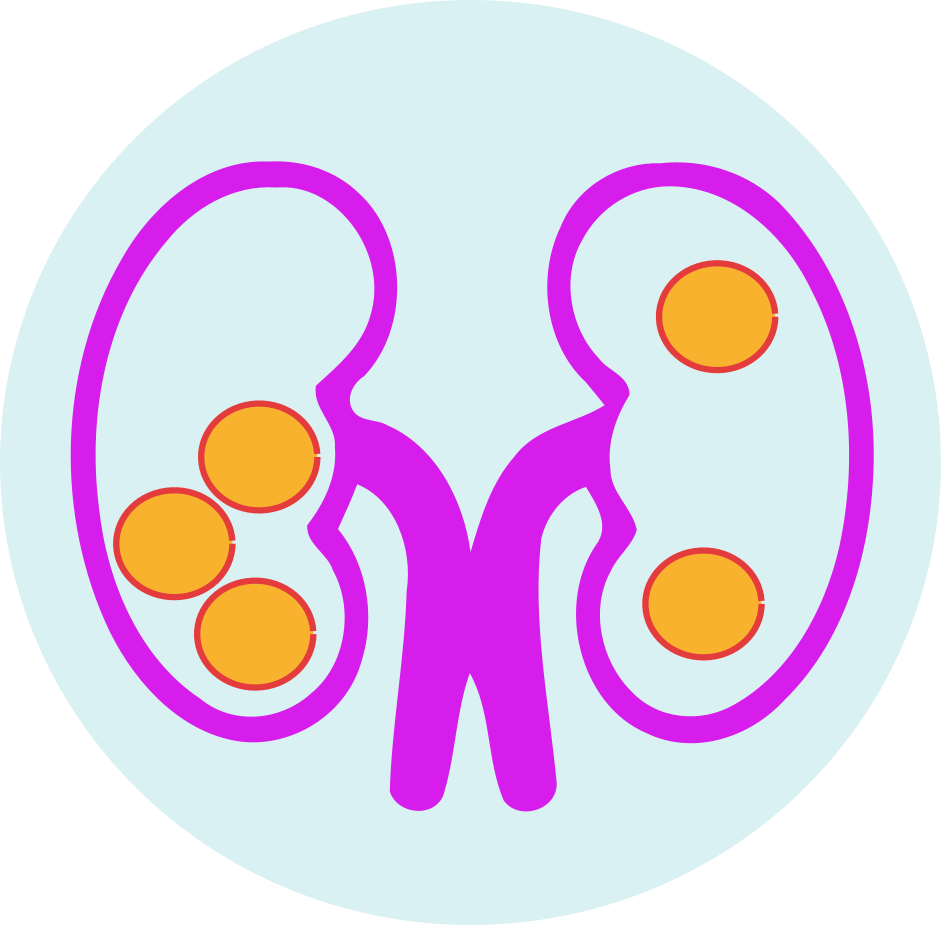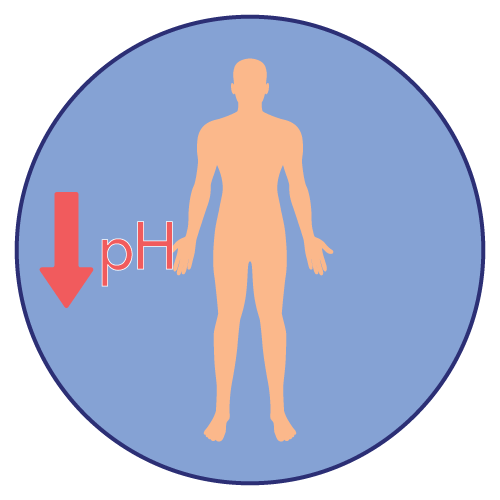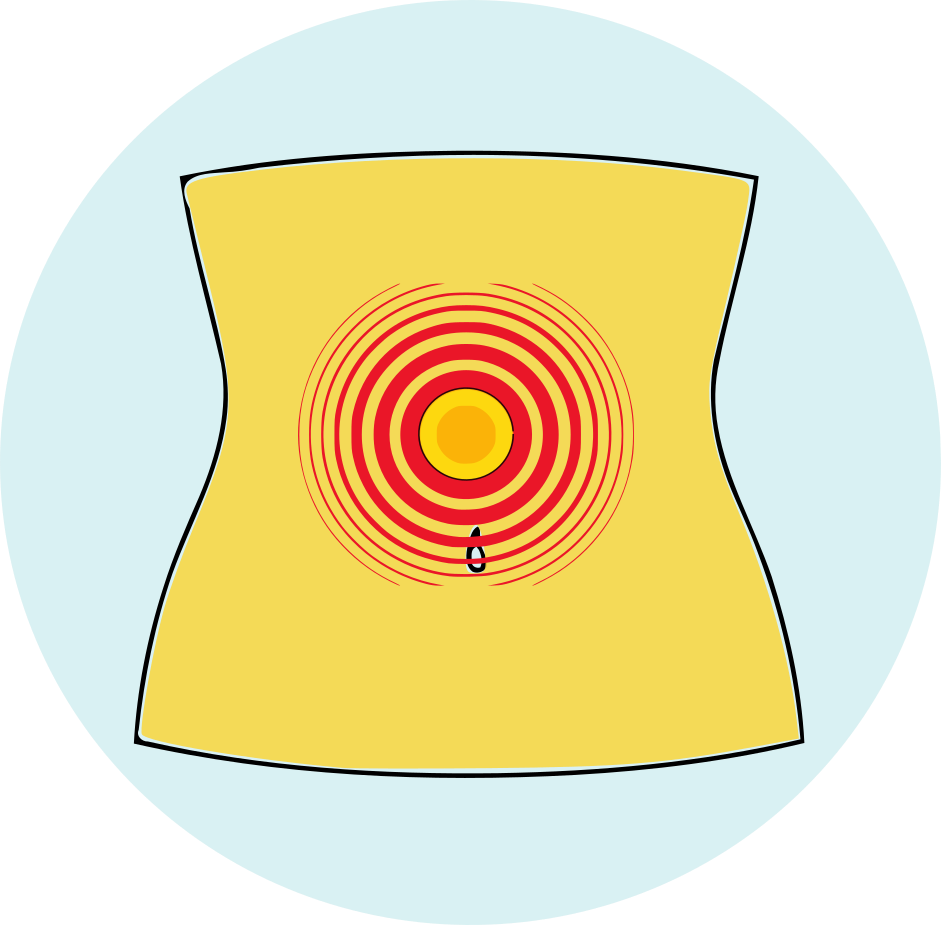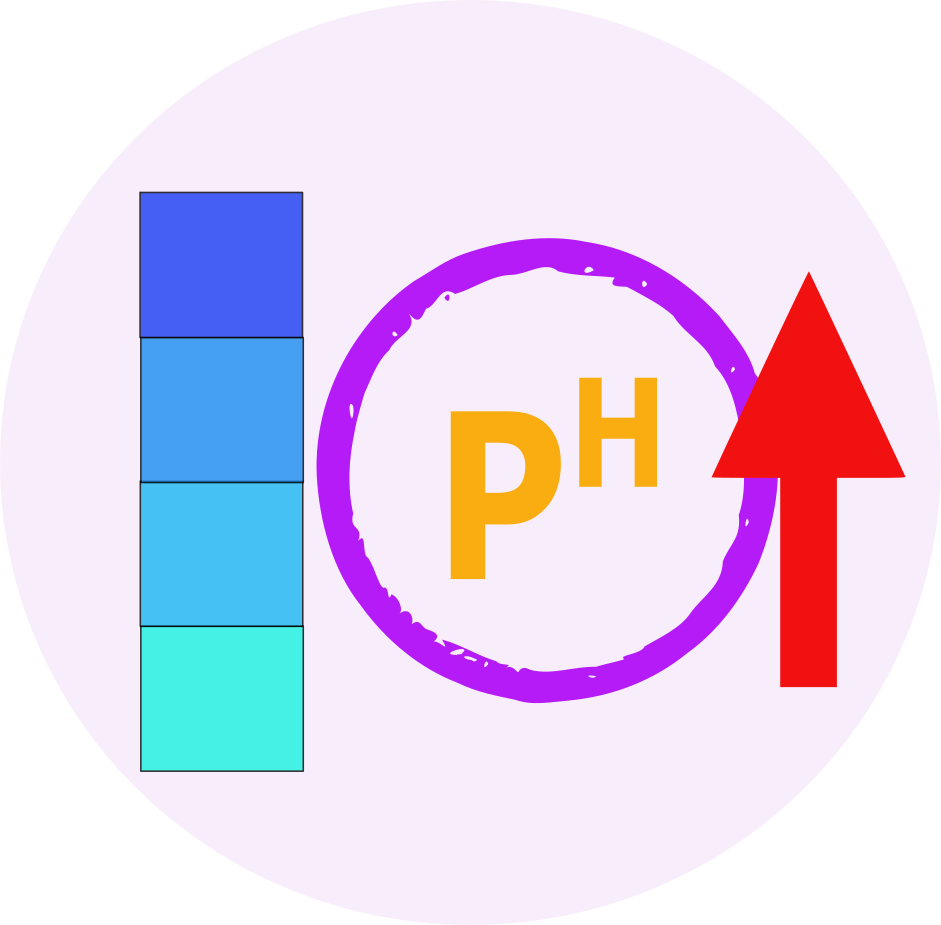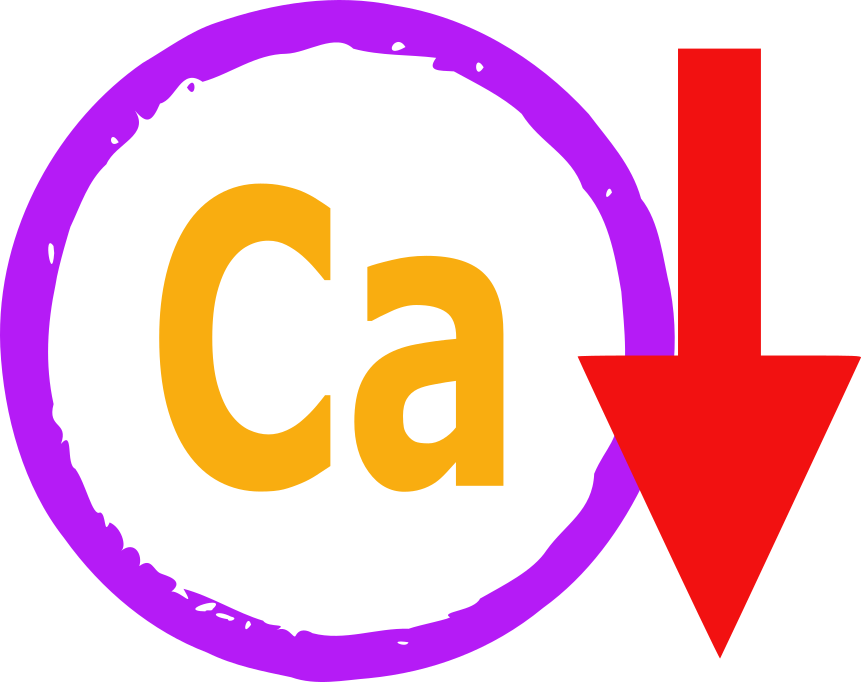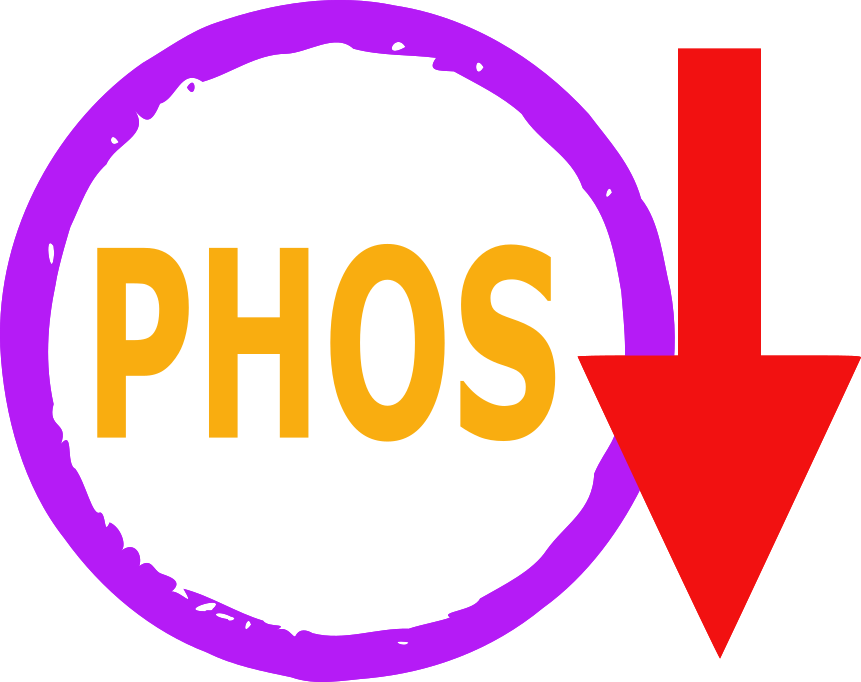| Name | Trisodium Citrate |
| Classes |
Antacid Gastrointestinal Agent |
| Diseases |
Blood Disorder |
Trisodium Citrate
Trisodium citrate is a urinary alkalinizing agent used to prevent kidney stones and treat certain metabolic disorders. It works by increasing the pH of urine, which helps to dissolve kidney stones and prevent the formation of new ones.
Trisodium citrate is indicated for the prevention of calcium-containing kidney stones in patients with recurrent stone formation, as well as for the treatment of metabolic acidosis and certain other metabolic disorders.
The recommended dose of trisodium citrate depends on the patient's age, weight, and medical condition. It is usually taken orally, either alone or in combination with other medications. The dosage should be adjusted based on the patient's response to treatment and any adverse effects that may occur.
The most common adverse reactions associated with trisodium citrate include:
- Nausea
- Vomiting
- Diarrhea
- Abdominal pain
- Headache
- Dizziness
- Trisodium citrate should be used with caution in patients with renal impairment, as it can cause hypernatremia and hyperosmolarity.
- Trisodium citrate should not be used in patients with alkalosis, hypocalcemia, or hypophosphatemia, as it can worsen these conditions.
- Trisodium citrate can interact with certain medications, including aluminum-containing antacids and diuretics, which can increase the risk of electrolyte imbalances.
- Trisodium citrate should not be used during pregnancy or breastfeeding, unless recommended by a healthcare professional.
- Trisodium citrate may cause a decrease in blood pressure, especially in patients who are also taking antihypertensive medications.
- Patients taking trisodium citrate should be monitored regularly for electrolyte imbalances, especially hypernatremia and hyperosmolarity.
Contraindication
Trisodium citrate is contraindicated in patients with Hypersensitivity to trisodium citrate or any of its components.
None known.
Trisodium citrate is contraindicated in patients with
- Alkalosis
- Hypocalcemia
- Hypophosphatemia
 Bangla
Bangla English
English